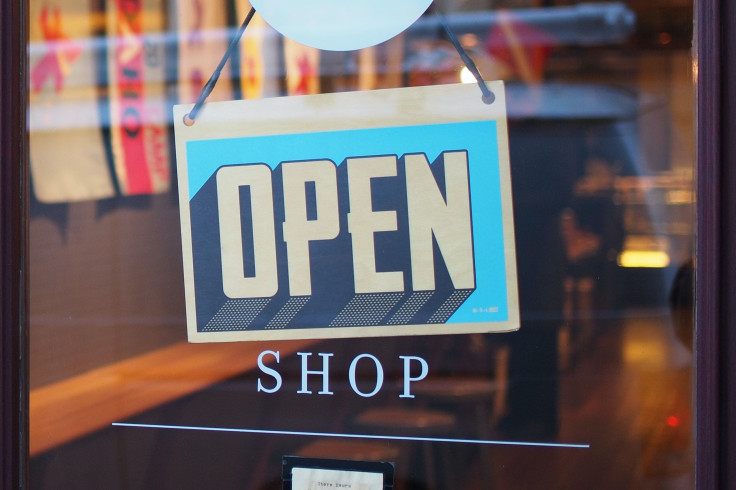Small Business Owner Confidence Slides As Worker And Supply Shortages Mount
Supply chain derailments, material disruptions, and worker shortages are causing small business owners to lose confidence in the economy, according to the latest Small Business Optimism Index from NFIB.
According to Tuesday's report, the index dropped 2.8 points to 99.7 in July, reversing the 2.9 point jump that June gained.
As many as 49% of business owners reported that they could not fill job openings, a problem that is plaguing nearly all industries and marking a 48-year record high, NFIB said. But a net 38% of owners reported increasing their compensation, which was a decrease of one point from June’s high of 39%. Only 27% plan on raising wages in the next three months.
Capital outlays were up two points from June but still below historical averages. Expenditures being planned focused on new equipment (39%), vehicles (23%), and facilities (14%).
Of the capital expenditures made, 6% of business owners purchased new buildings or land for expansion, and 11% of owners spent on new fixtures and furniture. Another 26% are planning capital outlays in the next few months.
According to the NFIB, business owners will have to “step up” their capital spending to support new hires.
The overall outlook for higher real sales volume declined 11 points to a net negative of 4%, which the NFIB said was a “stubbornly negative view” based on small business owners’ realities.
Inventories also declined seven points and were reported as “too low” in July. But 6% of owners planned on investing in their inventory in the coming months.
Average selling prices increased for 46% of small business owners, reported most frequently in the wholesale (73%), manufacturing (61%), and retail (57%) sectors.
Sales expectations over the next three months decreased by 11 points, while owners expecting better business conditions over the next six months decreased eight points. Earnings trends over the past three months also dropped eight points.
Profits were also down among small employers, citing weaker sales, rising material costs, labor costs, lower prices, seasonal change, higher taxes, and regulatory expenses.
NFIB Chief Economist Bill Dunkelberg said in a statement, “Small business owners are losing confidence in the strength of the economy and expect a slowdown in job creation. As owners look for qualified workers, they are also reporting that supply chain disruptions are having an impact on their businesses. Ultimately, owners could sell more if they could acquire more supplies and inventories from their supply chains.”

© Copyright IBTimes 2025. All rights reserved.




















